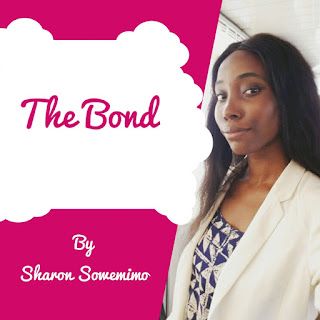George Orwell's Six Rules for Writing Non-fiction
.
Writing Non-fiction can be dauting especially when it takes a long monotonous process of chronicling a true-life account. It is for this reason that creative writing is important to the storytelling of non-fiction. This requires the writer of a non-fiction piece to write as creatively as possible to be able to immerse his audience in his engaging account.
In the process of writing creative non-fiction it is important to not sound superfluous but to write from a natural stand point that is uncliched and definitive.
Creative non-fiction is non-fiction that tells the passive past in an active manner that defines the future.
George Orwell offered six rules for nonfiction, the purpose of which was to keep your language alive for the reader, and which are useful for self-editing or editing in poetry and fiction workshops:
• Never use a metaphor, simile or other figure of speech which you are used to seeing in print.
• Never use a long word where a short one will do.
• If it is possible to cut a word out, always cut it out.
• Never use the passive where you can use the active.
• Never use a foreign phrase, a scientific word or a jargon word if you can think of an everyday English equivalent.
• Break any of these rules sooner than say anything outright barbarous.
These rules for writing non-fiction can also be infused in fiction and poetry, the essence of which is to keep the narrative alive in the reader’s mind through the use of active words that are simple and connote depth.
What do you think of George Orwell’s six rules for writing non-fiction are you going to employ it in your writing?
About the Author
Francisca Ogechi Okwulehie is a Nigerian Writer from Imo state, who grew up in Lagos. She is the Author of Tari's Golden Fleece, an African Fiction Novella. She holds a B.A and an M.A in Philosophy from the University of Lagos, Nigeria. She is a recipient of the Educate a Girl (EAG) scholarship on the "Fundamentals of Journalism" funded by the Ladies Fund in conjunction with the Whole Woman Network of Canada and the Dawood Global Foundation of Pakistan. Her works have appeared in the Afriworiliterary Project Anthology; The Different Shades of a Feminine Mind (2017) and the 84 Bottles of Wine for Wole Soyinka Poetry Anthology (2018). She has a penchant for highlife music.



.png)
Comments
Post a Comment